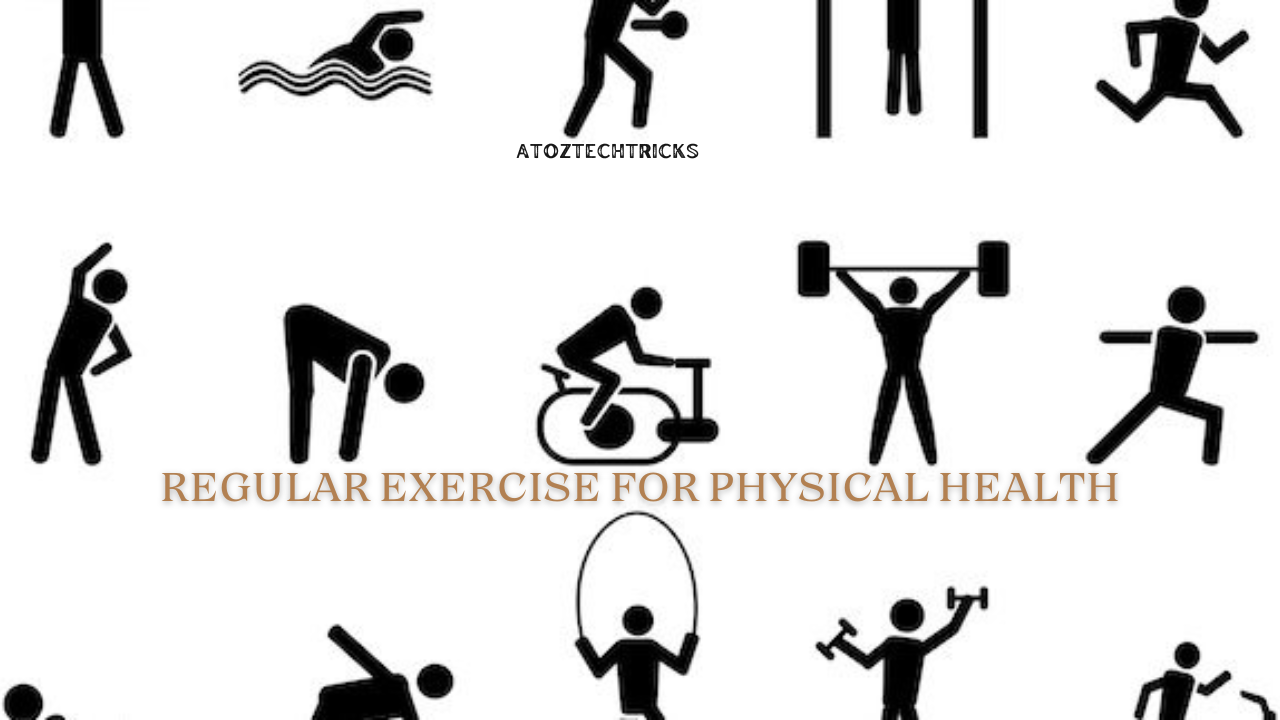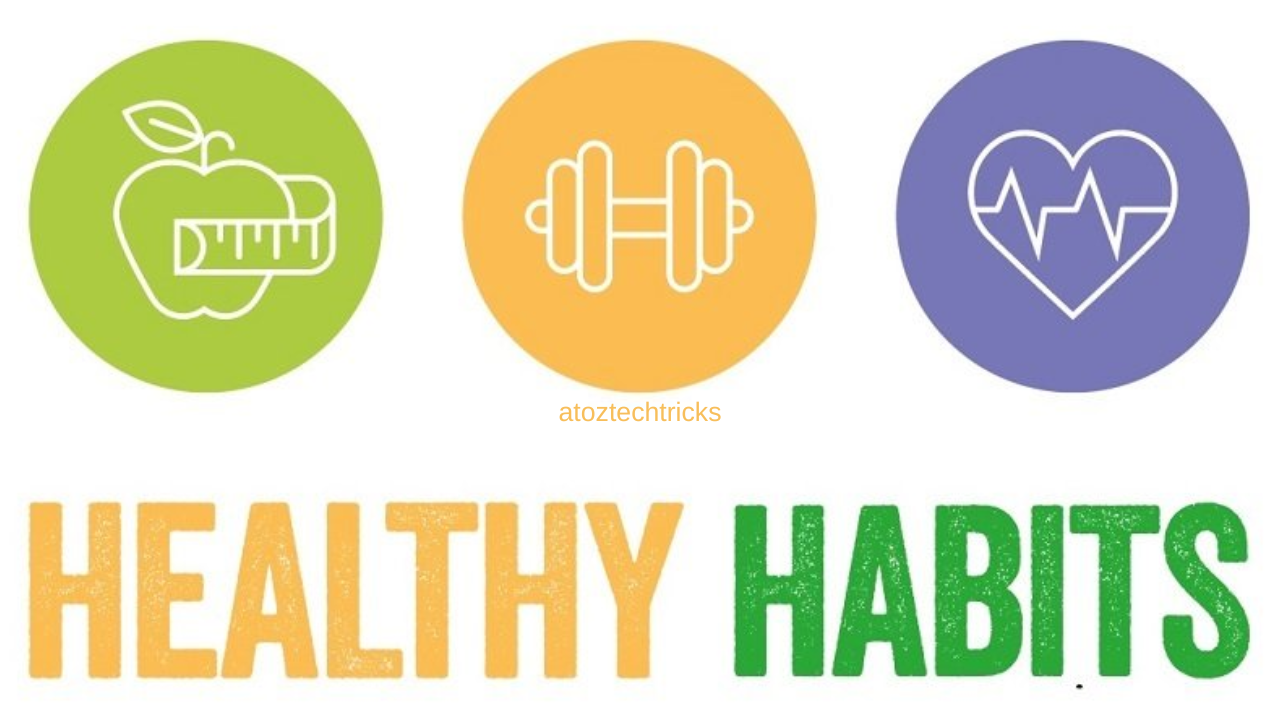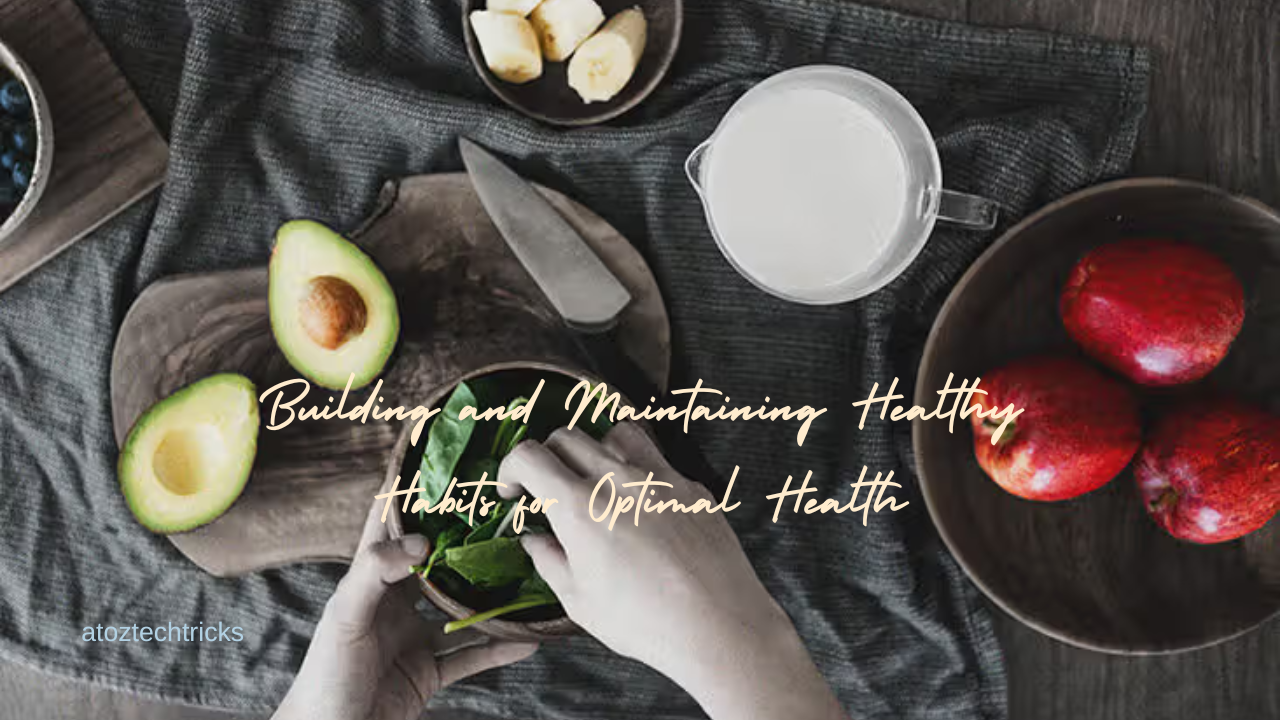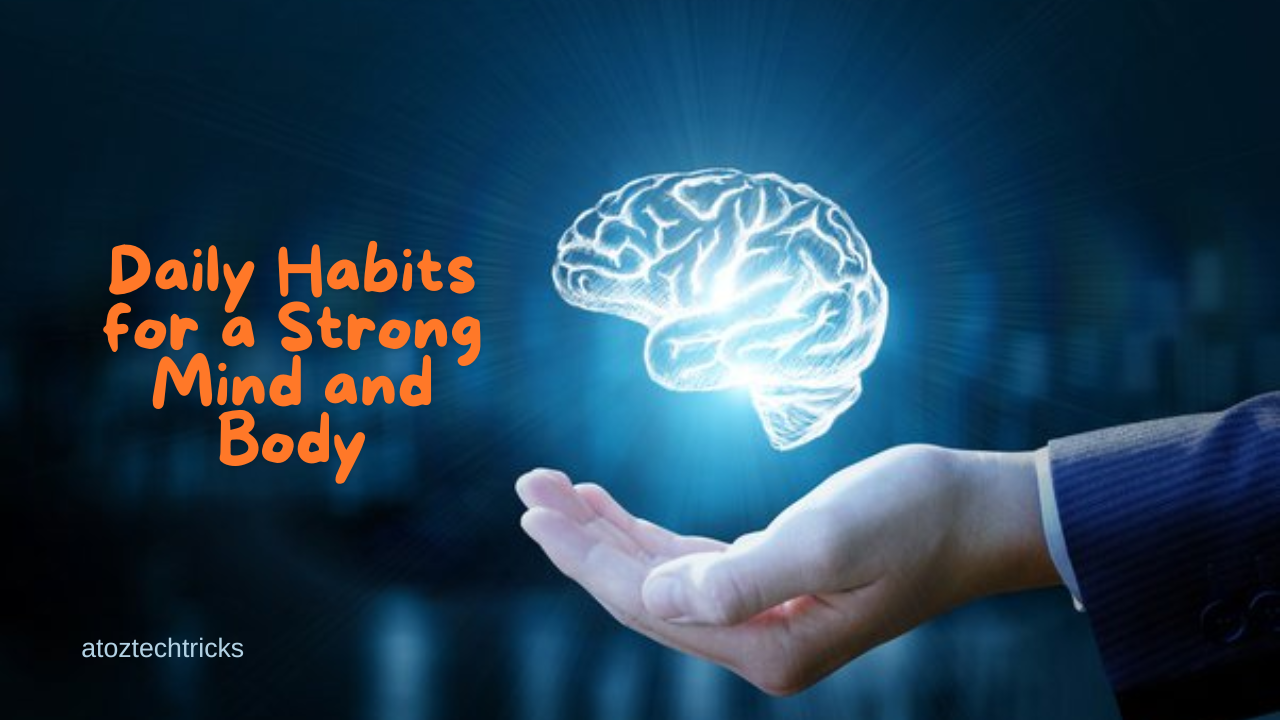The Importance of Regular Exercise for Physical Health
Exercise is not just a routine; it’s a critical component of a healthy lifestyle that impacts nearly every aspect of our physical health. Regular physical activity is a cornerstone for maintaining well-being, preventing chronic diseases, and enhancing overall quality of life. In this comprehensive guide, we’ll explore the multifaceted benefits of regular exercise, how it contributes to physical health, and practical strategies for incorporating it into daily life.
1. Understanding the Science of Exercise
Exercise refers to any physical activity that enhances or maintains physical fitness and overall health. The body’s response to exercise is a complex interplay of biochemical and physiological processes. Regular exercise triggers a cascade of beneficial effects, including improved cardiovascular function, enhanced muscular strength, and better metabolic health. Understanding these processes is crucial for appreciating the full scope of exercise benefits.
1.1. Cardiovascular Health
Exercise strengthens the heart muscle, improving its efficiency in pumping blood throughout the body. Cardiovascular activities such as running, cycling, and swimming help to lower blood pressure, reduce bad cholesterol (LDL) and increase good cholesterol (HDL). This results in a decreased risk of heart disease and stroke.
1.2. Musculoskeletal Health
Engaging in strength training exercises enhances muscle mass and bone density. Resistance training, such as weight lifting, stimulates bone formation and prevents bone density loss, which is particularly important as we age. This reduces the risk of osteoporosis and fractures.
1.3. Metabolic Health
Exercise improves insulin sensitivity and glucose metabolism, which helps in managing and preventing type 2 diabetes. Physical activity also aids in weight management by burning calories and regulating appetite hormones.

2. Health Benefits of Regular Exercise
2.1. Weight Management
One of the most well-known benefits of exercise is its role in weight management. Regular physical activity helps to balance energy expenditure and caloric intake, which is essential for maintaining a healthy weight. Exercise increases metabolism, allowing the body to burn calories more efficiently. Additionally, it promotes muscle growth, which in turn burns more calories at rest compared to fat tissue.
2.2. Enhanced Mental Health
Exercise has profound effects on mental health, contributing to emotional well-being and cognitive function. Physical activity stimulates the release of endorphins, the body’s natural mood lifters. It also helps reduce symptoms of anxiety and depression, improving overall mood and mental resilience.
2.3. Improved Sleep Quality
Regular exercise is linked to better sleep quality and duration. Engaging in physical activity can help regulate the sleep-wake cycle, leading to more restful sleep. However, it’s important to time exercise appropriately, as vigorous activity close to bedtime may interfere with sleep for some individuals.
2.4. Increased Energy Levels
Contrary to the belief that exercise might lead to fatigue, regular physical activity boosts energy levels. Exercise improves cardiovascular function, increases stamina, and enhances overall physical endurance. This results in reduced feelings of fatigue and increased daily vitality.
2.5. Longevity and Aging
Engaging in regular exercise is associated with a longer, healthier life. It helps prevent age-related declines in physical function and cognitive abilities. Regular physical activity is linked to reduced risks of chronic diseases such as heart disease, diabetes, and certain types of cancer.
Retirement Planning: A Comprehensive Guide to Securing Your Golden Years
3. Types of Exercise and Their Benefits
3.1. Aerobic Exercise
Aerobic exercises, such as walking, jogging, swimming, and cycling, are designed to improve cardiovascular fitness. These activities increase heart rate and breathing, enhancing the efficiency of the heart and lungs. Benefits include improved endurance, better oxygen utilization, and lower risk of cardiovascular diseases.
3.2. Strength Training
Strength training involves lifting weights or using resistance bands to build muscle strength and endurance. It helps in increasing muscle mass, strengthening bones, and enhancing metabolic rate. Strength training is crucial for preventing muscle loss and maintaining functional independence, especially as we age.
3.3. Flexibility and Stretching
Flexibility exercises, such as yoga and stretching routines, improve the range of motion in the joints and muscles. These activities can help prevent injuries, reduce muscle tension, and improve posture. Regular stretching also aids in recovery after intense workouts and enhances overall mobility.
3.4. Balance and Coordination
Exercises that focus on balance and coordination, such as tai chi and balance drills, are particularly important for older adults. These exercises help improve stability, reduce the risk of falls, and enhance overall coordination and proprioception.

4. Strategies for Incorporating Exercise into Daily Life
4.1. Set Realistic Goals
Setting achievable and specific exercise goals is key to maintaining motivation. Start with small, manageable goals and gradually increase intensity and duration. For instance, aim for 30 minutes of moderate exercise most days of the week, and adjust as you progress.
4.2. Find Activities You Enjoy
Exercise doesn’t have to be a chore. Find physical activities that you enjoy, whether it’s dancing, hiking, or playing a sport. When exercise is enjoyable, it’s easier to stay committed and make it a regular part of your routine.
4.3. Create a Routine
Establishing a consistent exercise routine helps to integrate physical activity into your daily life. Schedule workouts at times that work best for you, whether it’s in the morning, during lunch breaks, or in the evening. Consistency is key to forming long-lasting habits.
4.4. Incorporate Activity into Daily Tasks
Look for opportunities to be active throughout the day. Take the stairs instead of the elevator, walk or bike to work, or engage in active hobbies. Small changes in daily routines can add up and contribute to your overall physical activity.
4.5. Stay Accountable
Find a workout buddy or join a fitness group to stay motivated and accountable. Social support can make exercise more enjoyable and encourage adherence to your fitness goals.
5. Overcoming Common Barriers to Exercise
5.1. Lack of Time
One of the most common barriers to regular exercise is a lack of time. To overcome this, prioritize physical activity by scheduling it as you would any other important appointment. Short, high-intensity workouts can also be effective if time is limited.
5.2. Lack of Motivation
Maintaining motivation can be challenging. Set clear goals, track your progress, and celebrate achievements to stay motivated. Joining a class or group can also encourage and make exercise more enjoyable.
5.3. Physical Limitations
For those with physical limitations or health conditions, consult with a healthcare provider before starting an exercise program. Adapt exercises to accommodate your abilities and consider low-impact activities such as swimming or chair exercises.
5.4. Financial Constraints
Exercise doesn’t have to be expensive. Many effective workouts can be done at home with minimal equipment. Utilize online resources, such as workout videos and apps, to access a variety of exercises at no cost.
Understanding Different Retirement Accounts: A Comprehensive Guide
6. The Role of Nutrition and Hydration in Supporting Exercise
6.1. Balanced Diet
A well-balanced diet supports physical activity by providing essential nutrients and energy. Focus on a diet rich in fruits, vegetables, lean proteins, whole grains, and healthy fats. Proper nutrition helps fuel workouts, aids in recovery, and supports overall health.
6.2. Hydration
Staying hydrated is crucial for optimal exercise performance and recovery. Drink water before, during, and after exercise to maintain hydration levels and support bodily functions. For intense or prolonged workouts, consider electrolyte-rich beverages.
6.3. Pre- and Post-Workout Nutrition
Consuming a small snack or meal before exercise can provide the necessary energy for optimal performance. After exercise, refuel with a combination of protein and carbohydrates to aid in muscle recovery and replenish energy stores.
7. Exercise Across the Lifespan
7.1. Children and Adolescents
For children and adolescents, regular physical activity supports healthy growth and development. Encourage activities that promote physical fitness, coordination, and social interaction, such as team sports, swimming, or biking.
7.2. Adults
In adults, regular exercise helps manage weight, reduce stress, and prevent chronic diseases. Incorporate a mix of aerobic, strength, and flexibility exercises to maintain overall health and well-being.
7.3. Older Adults
For older adults, exercise is vital for maintaining mobility, balance, and independence. Focus on activities that improve strength, flexibility, and balance. Consider low-impact exercises and consult with healthcare providers for personalized recommendations.
Regular exercise is a powerful tool for enhancing physical health and overall well-being. Its benefits extend beyond weight management and cardiovascular health, impacting mental well-being, sleep quality, and longevity. By understanding the science of exercise, incorporating a variety of physical activities, and overcoming common barriers, individuals can make exercise a fundamental part of their lives.
Embracing a lifestyle that includes regular physical activity leads to a healthier, more vibrant life. Whether you’re just starting or looking to improve your existing routine, the key is to find activities you enjoy and make exercise a consistent part of your daily life. Remember, the journey to better health through exercise is ongoing, and every step you take contributes to a stronger, healthier you.





Post Comment